In practice and in theory, feminist theology has always sought to give space for women’s stories. Sometimes that has been an act of self-authorising and at other times, an act of retrieval, drawing from forgotten or ignored stories of the past. To take up and hear these stories is also a way of moving forward. Stories are, as we know, powerful. And as such, our stories are complicated: they change over time, have ethical implications, are put to work in making meaning and shaping desire. Put simply, we are caretakers of the stories we tell as well as those we forget. Our 2023 conference, co-hosted by WATAC Inc. (Women and the Australian Church) and the Australian Collaborators in Feminist Theologies (ACFT), will explore the ways in which we engage our caretaking role and the ongoing place of stories and narrative within feminist theology.



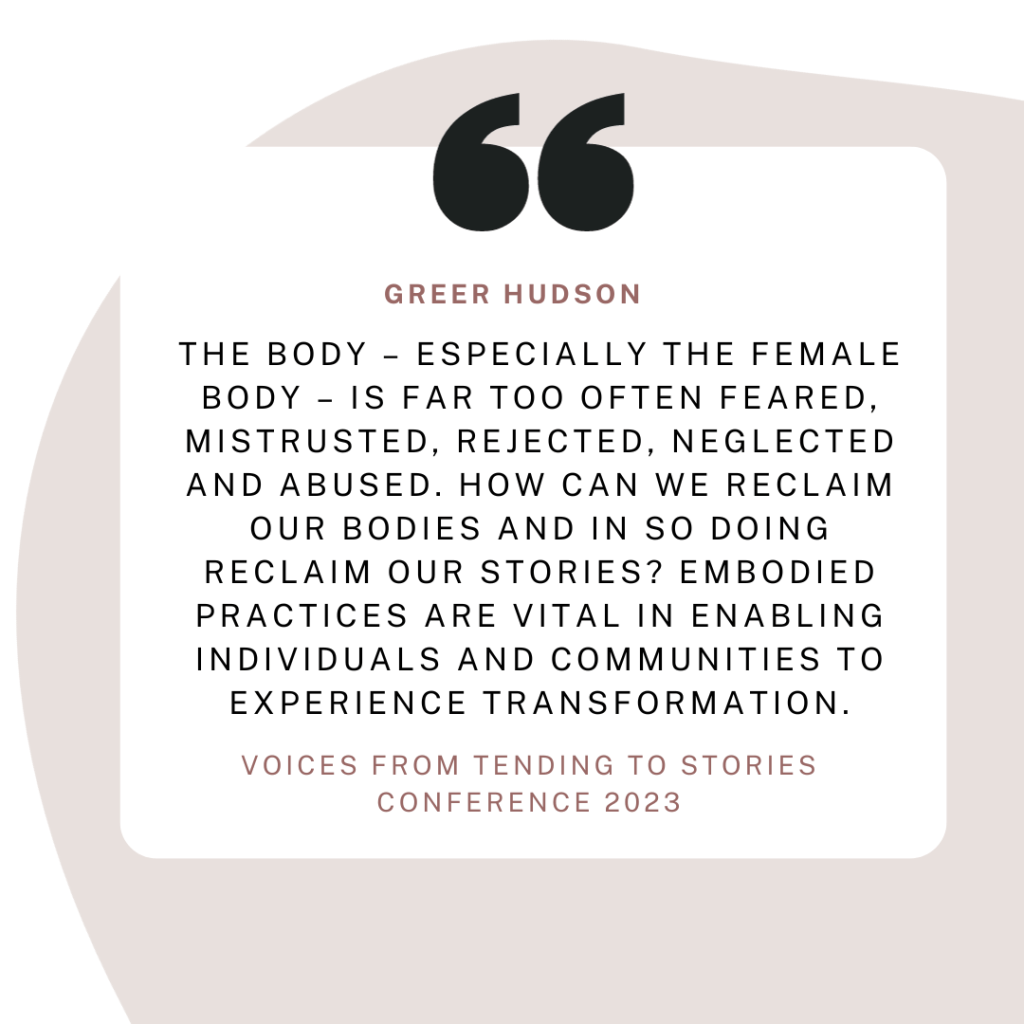




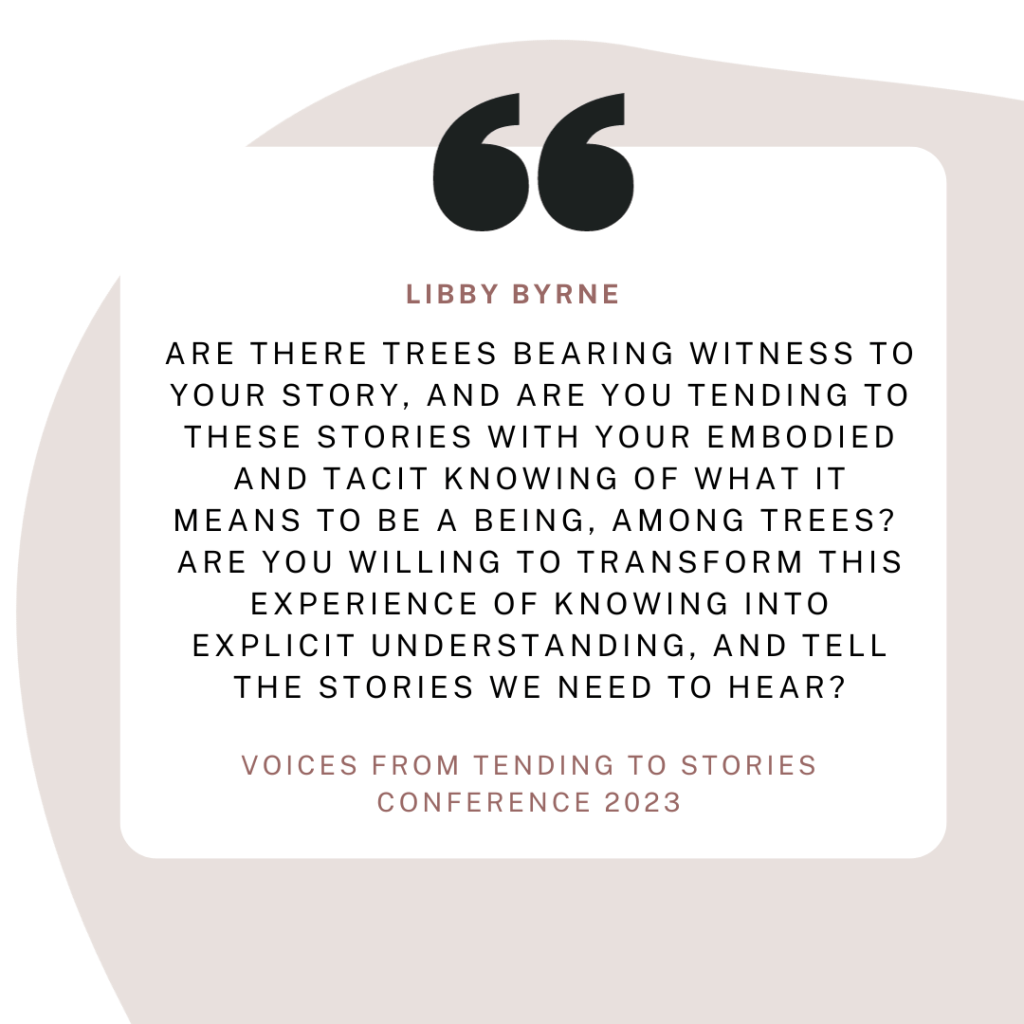


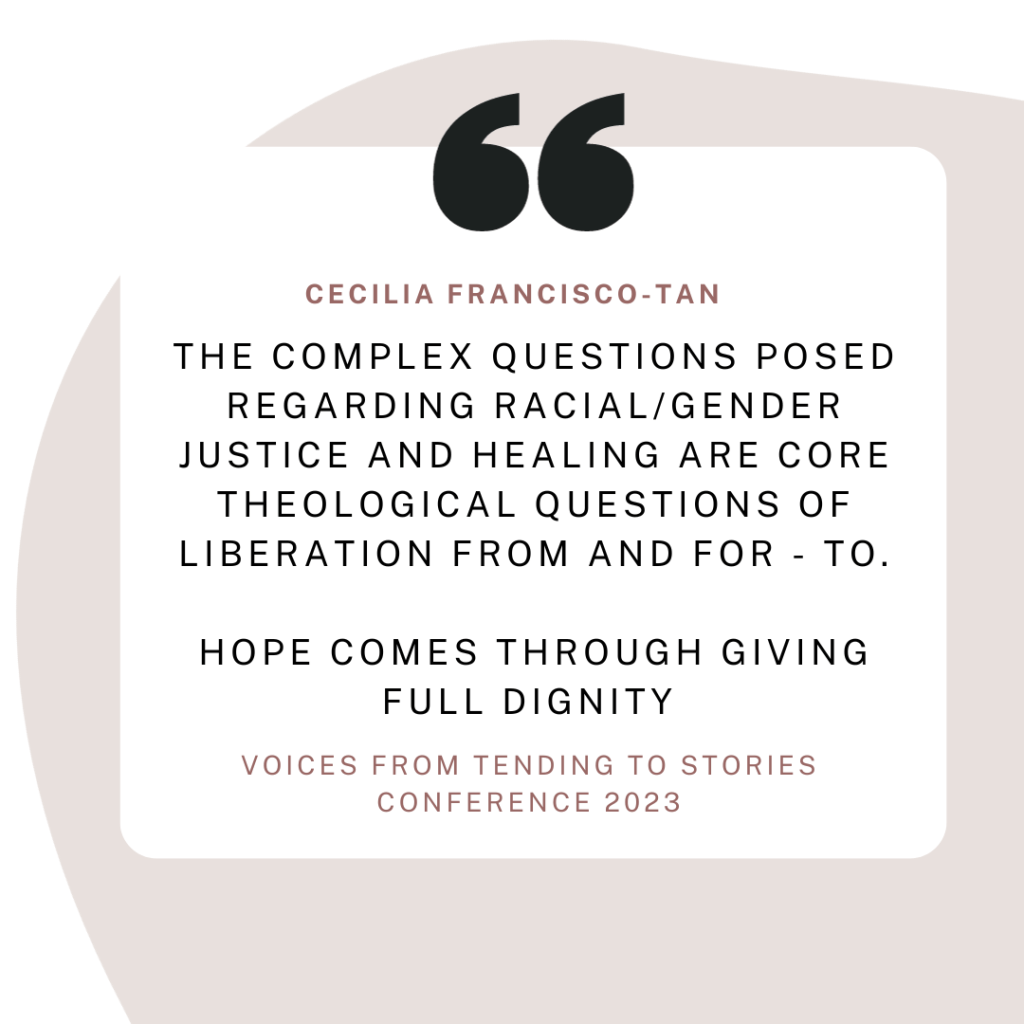


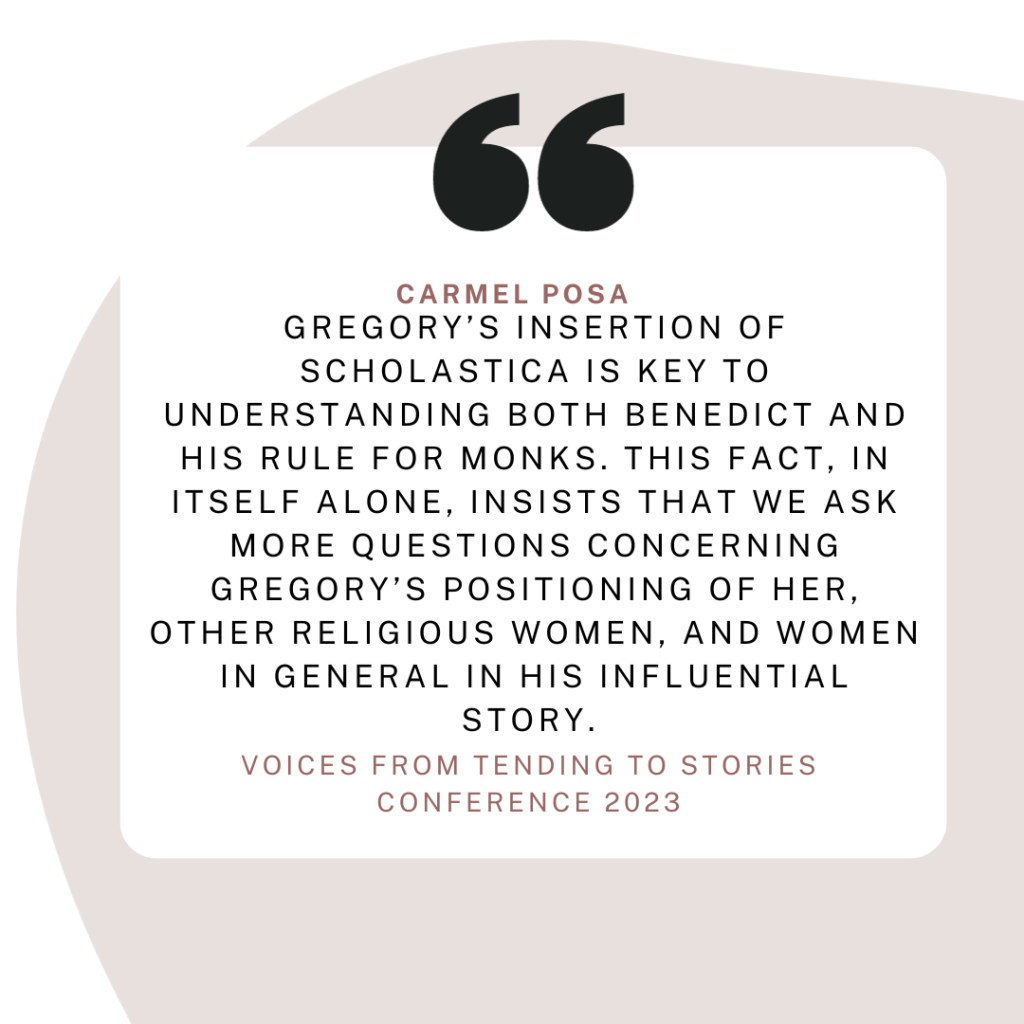


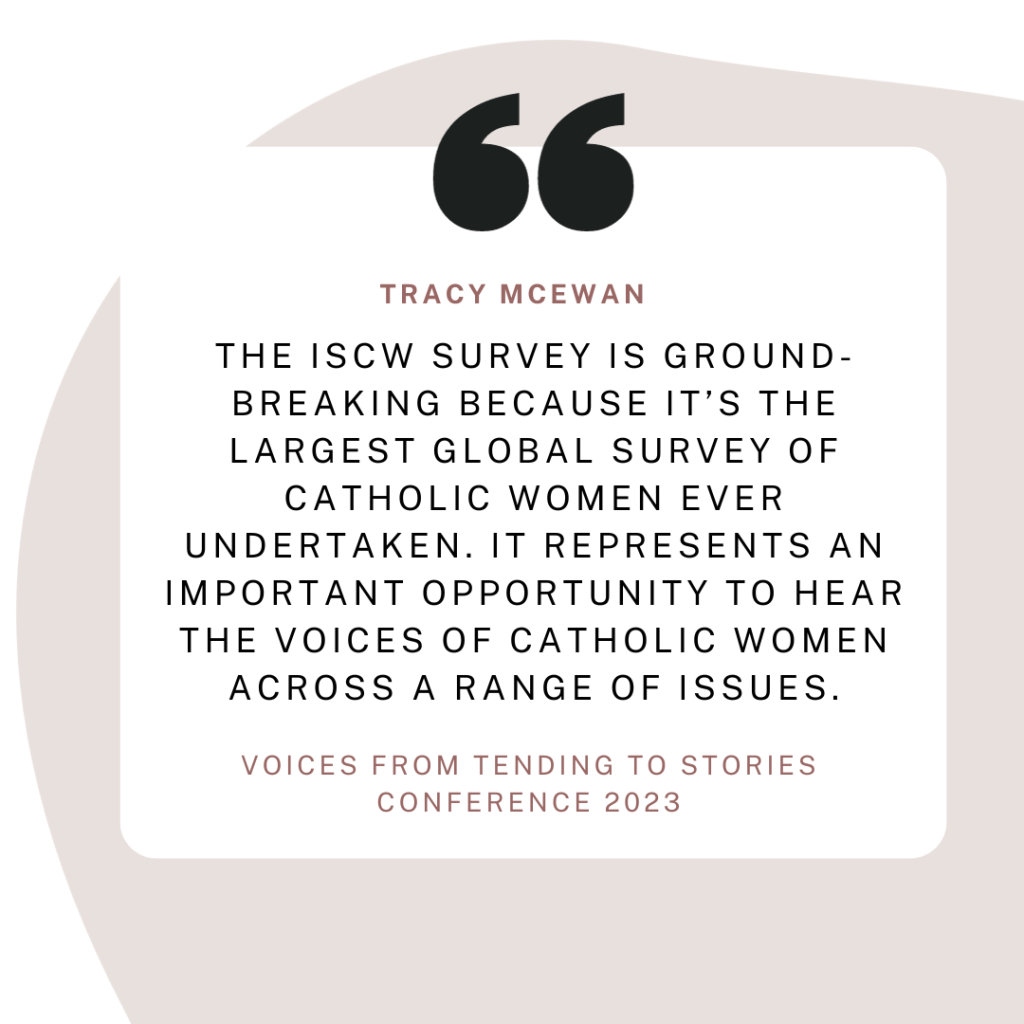
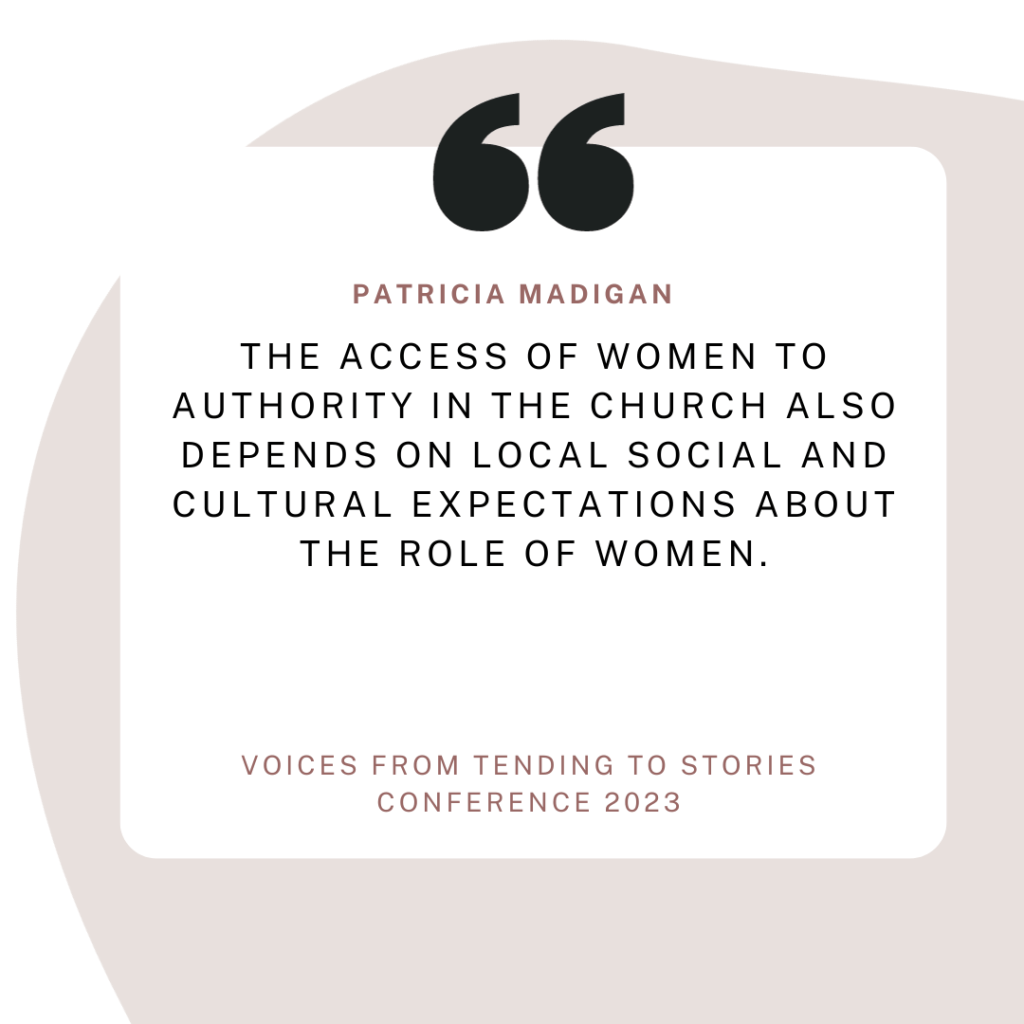

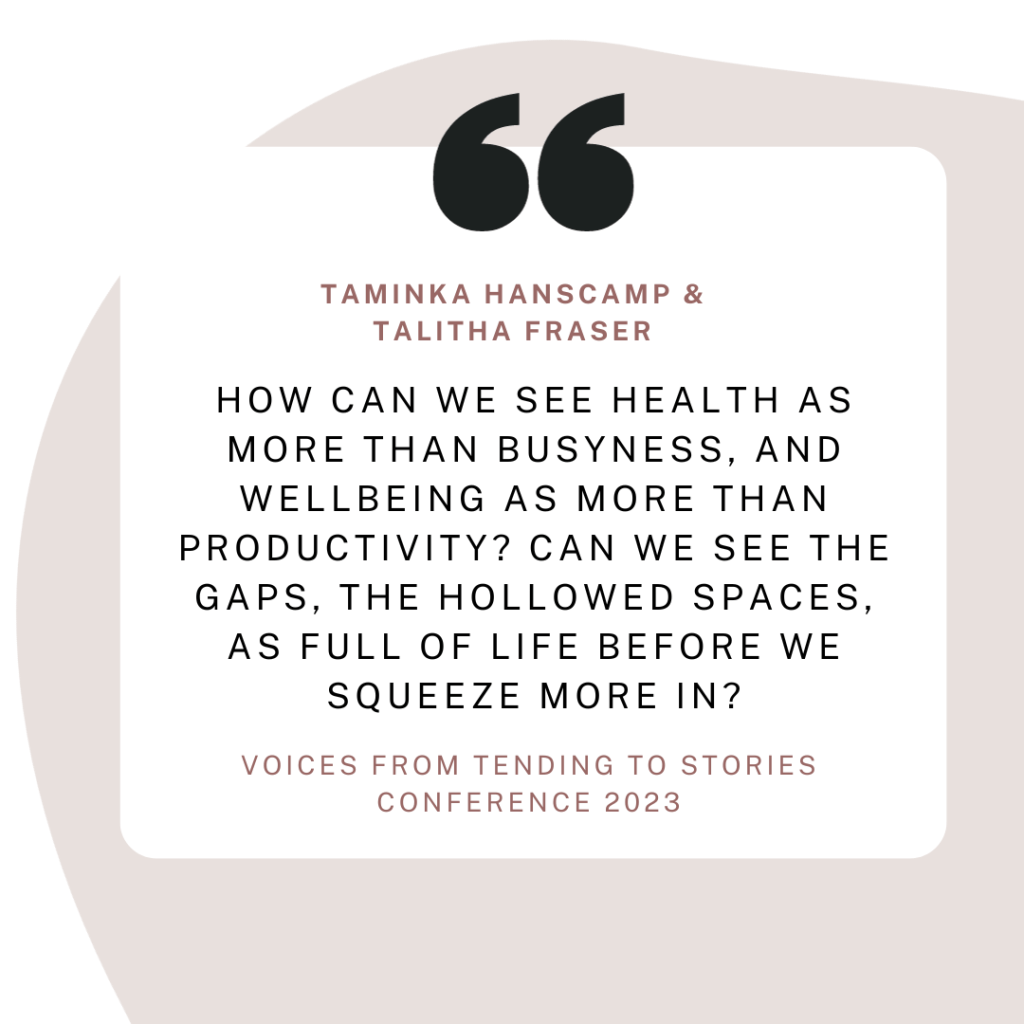




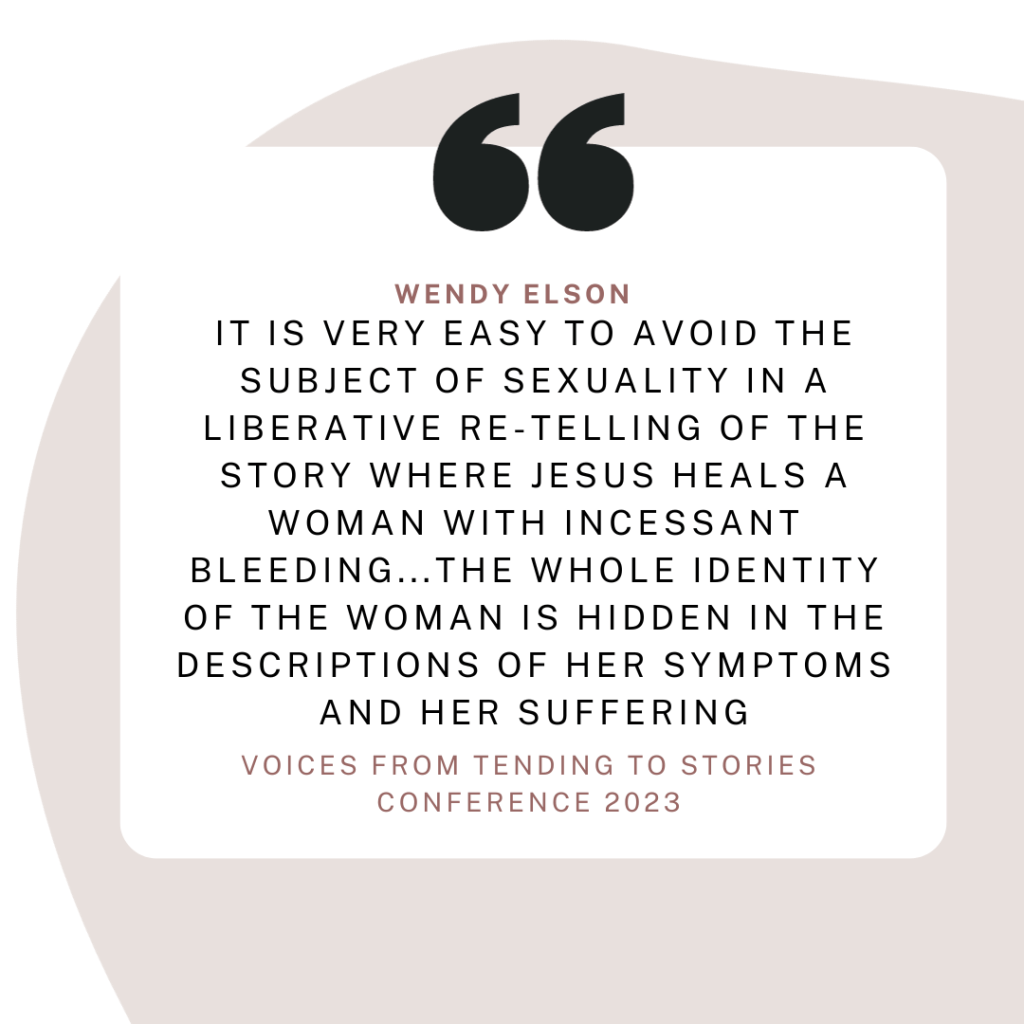

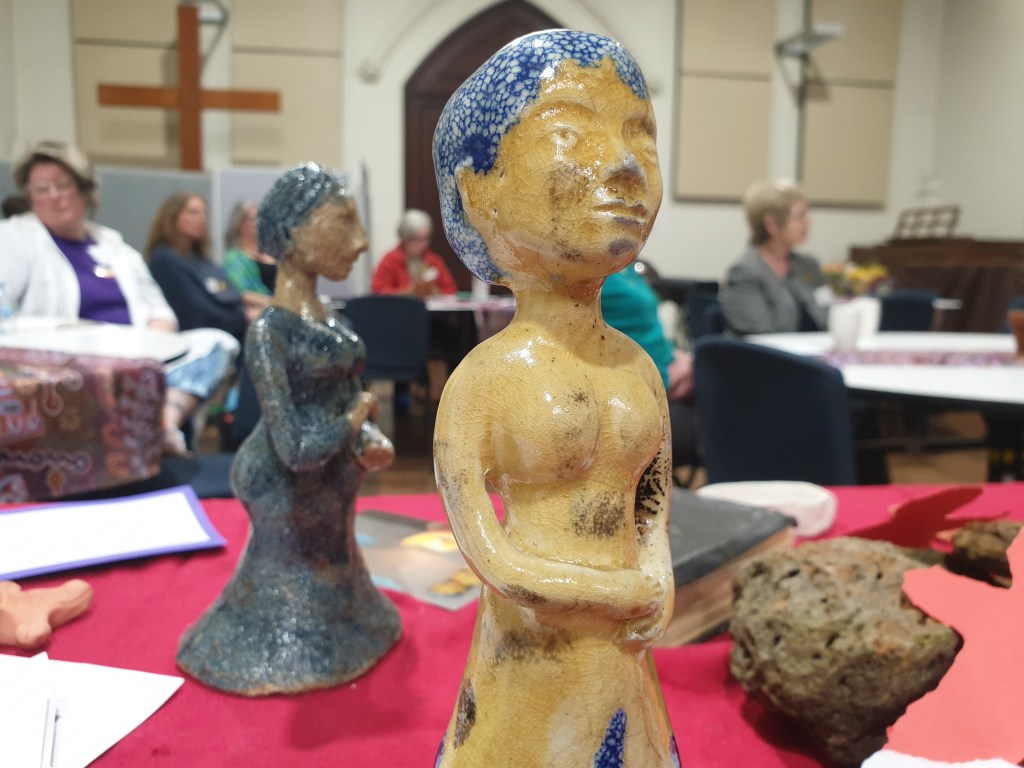
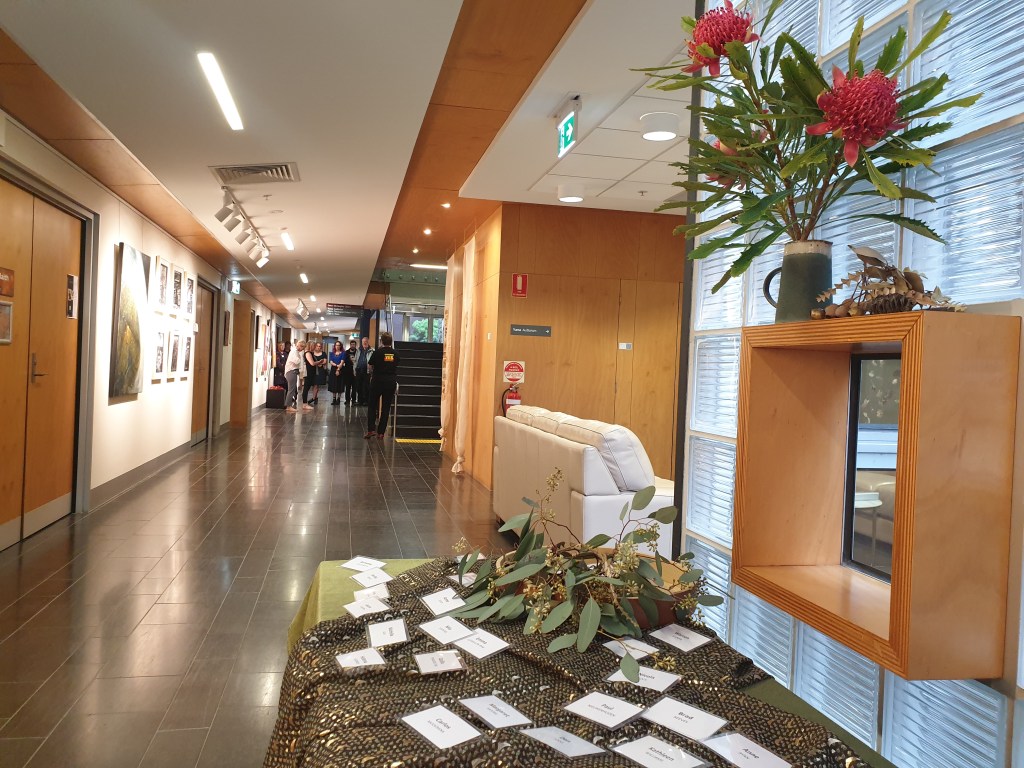


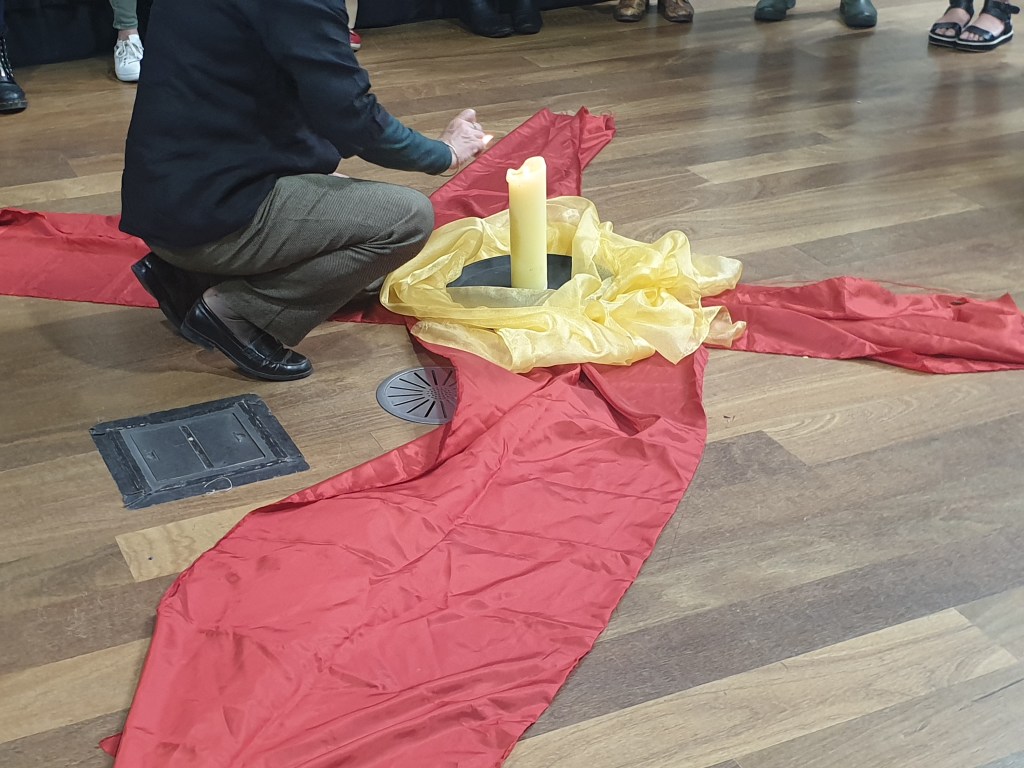

______
When the Bible became king: Sermons, Stories and Silence
Tending to the stories shared with the Royal Commission into Institutional Responses to Child Sexual Abuse requires a willingness to examine even our most embedded faith practices, including the dominance of the clerical model of leadership within the western church. Its worst form, clericalism – the veneration of those holding positions of church leadership – has consistently demonstrated causal significance in the risk of abuses within religious institutions and congregations. Clericalism generates institutional hierarchies of power and influence that in turn protect the structural and systemic status quo thus maintaining the authority and status of the institution.
The beating heart of clericalism in the western church is the sermon. The single voice, articulate and educated, offering instruction and exhortation to the community. A practice, with its roots in the rhetoric traditions of the Greek and Roman empires, that has been a key feature of protestant liturgy since the European Reformation. The significance of the sermon is demonstrated by the fact that preaching has become one of the key indicators of leadership. Being ‘qualified to preach’ now shorthand within debates over who is authorised to hold ministry roles.
The Ignatian spiritual practice of communal discernment offers an alternative to traditional from the front, education focused discipleship. This paper will explore the use of silence, story, curiosity and creativity in theological and exegetical tasks. It will argue that these practices honour the knowledge, wisdom and capacity for discernment present within communities of faith and counter the spiritual passivity and learned helplessness that clericalism fosters.
Stacey Wilson is a qualitative research consultant with The Recollective. Her role also includes resource development, training and mentoring. This paper builds on her work, Theology and Abuse: Vulnerability in the Midst of Religious Institutions, published in Children’s Ministry and the Spiritual Child (Robin Turner and Trevecca Okholm, editors. Abilene Christian University Press, 2023).
